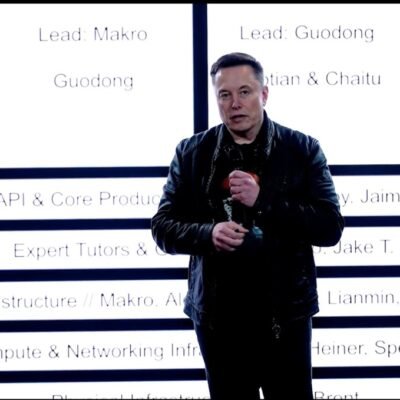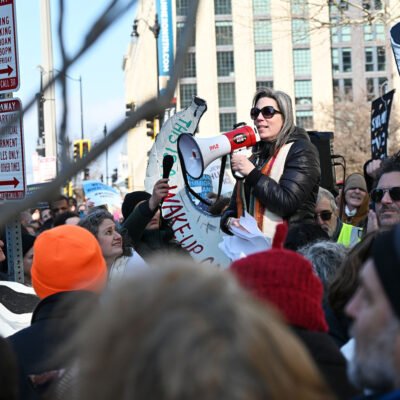(RNS) — In August, the World Methodist Council, an umbrella group of Methodist denominations, meeting in Gothenburg, Sweden, elected the Rev. Debra Wallace-Padgett president of the council, making her the first woman to serve in the post. Wallace-Padgett has been a bishop of the United Methodist Church since 2012 and has led both the denomination’s North Alabama Conference and, since 2021, its Holston Conference, in eastern Tennessee.
In a recent email interview, Wallace-Padgett discussed her plans for the WMC, which she describes as “a platform for dialogue, collaboration and mutual support among its member churches,” and the challenges facing the UMC in the United States.
This interview has been edited for length and clarity.
What do you hope from your term as president of the World Methodist Council?
I envision the council continuing to promote social justice, education and leadership development during my tenure as president. As we do this, we will move toward our World Methodist Council vision of “spreading the gospel by making disciples of Christ for the transformation of the world.”
The World Methodist Council is composed of remarkably talented members representing more than 80 denominations from all over the world. As president, I have the opportunity and responsibility to empower these leaders to release their gifts through World Methodist Council work. As this is done, much will be accomplished.
What do you see as the biggest challenges facing Methodists here in the U.S.?
In the U.S., cultural and generational shifts have led to declining participation in many churches, which places strain on financial resources and a need to adapt ministries to be more engaging and relevant.
Across many Methodist and Wesleyan churches, there is a growing need to engage younger generations who are increasingly disconnected from traditional forms of religious expression. As society becomes more secularized, churches must adapt their ministries to reach people in new ways while remaining faithful to core Christian teachings.
Do you hope to continue a connection with conferences that have left due to differing views of sexuality, and those, such as Côte d’Ivoire and Czechia conferences, that are preparing to leave?
I see my role as president being a bridge builder within our worldwide Methodist family. While there are indeed differences that have led some conferences to make the difficult decision to leave, I believe we are stronger together than apart. Even when we don’t agree on every issue, there remains so many things that unite us — our love for God, faith in Christ, daily experience of God’s presence in our life through the Holy Spirit, commitment to service, and shared mission to be a part of Christ’s transforming work in the world.
My hope is that we can maintain respectful relationships, to find ways to collaborate on the many areas where we do agree, while honoring the convictions of those who feel led to move in a different direction. It is my desire to focus on what binds us together rather than what divides us, and I am committed to fostering connections and understanding across the worldwide Methodist community, so that we might continue to represent the love of Christ in our world.
Closer to home, the Holston Conference will celebrate its bicentennial this year. What plans do you have?
The Holston Conference launched a bicentennial celebration at our clergy convocation with a special service. Also, local churches are celebrating their own histories and celebrations throughout the year. In addition, we had a bicentennial worship service at our 2024 Annual Conference gathering at Lake Junaluska, with great music led by a team from Christ United Methodist Church in Chattanooga and Michael Rodgers from Cokesbury in Knoxville, and six bishops with Holston Conference ties.
We will be also meeting in Morristown, Tennessee, to recognize “the bishop’s table” built for the 1912 General Conference of the Methodist Episcopal Church, one of the predecessor denominations to the United Methodist Church. Bishops presided from the table, which included a mosaic of 360 pieces of wood sent from churches, missionaries and other locations from around the globe.



